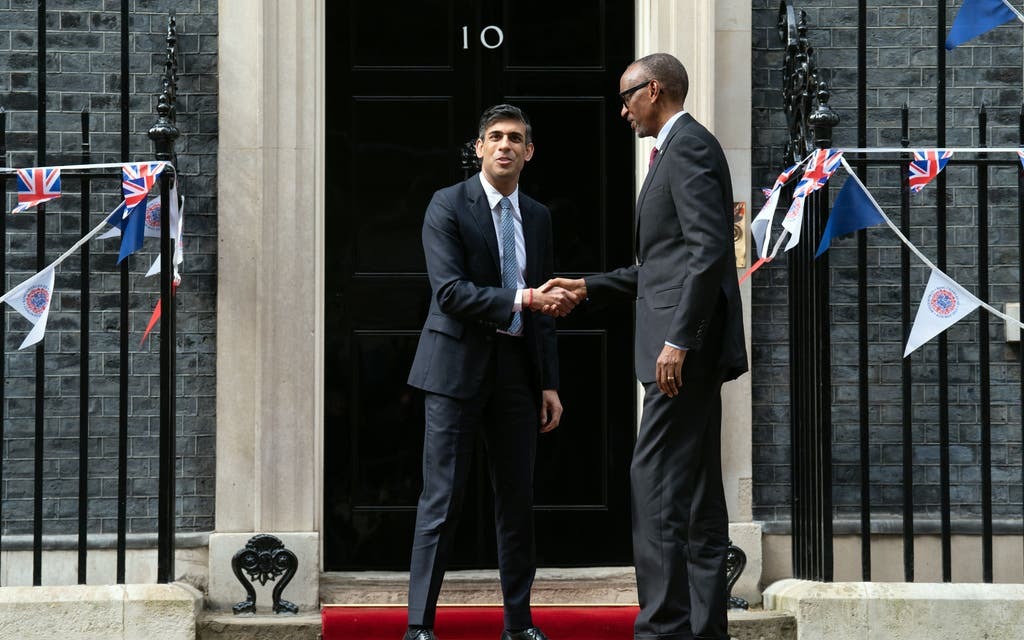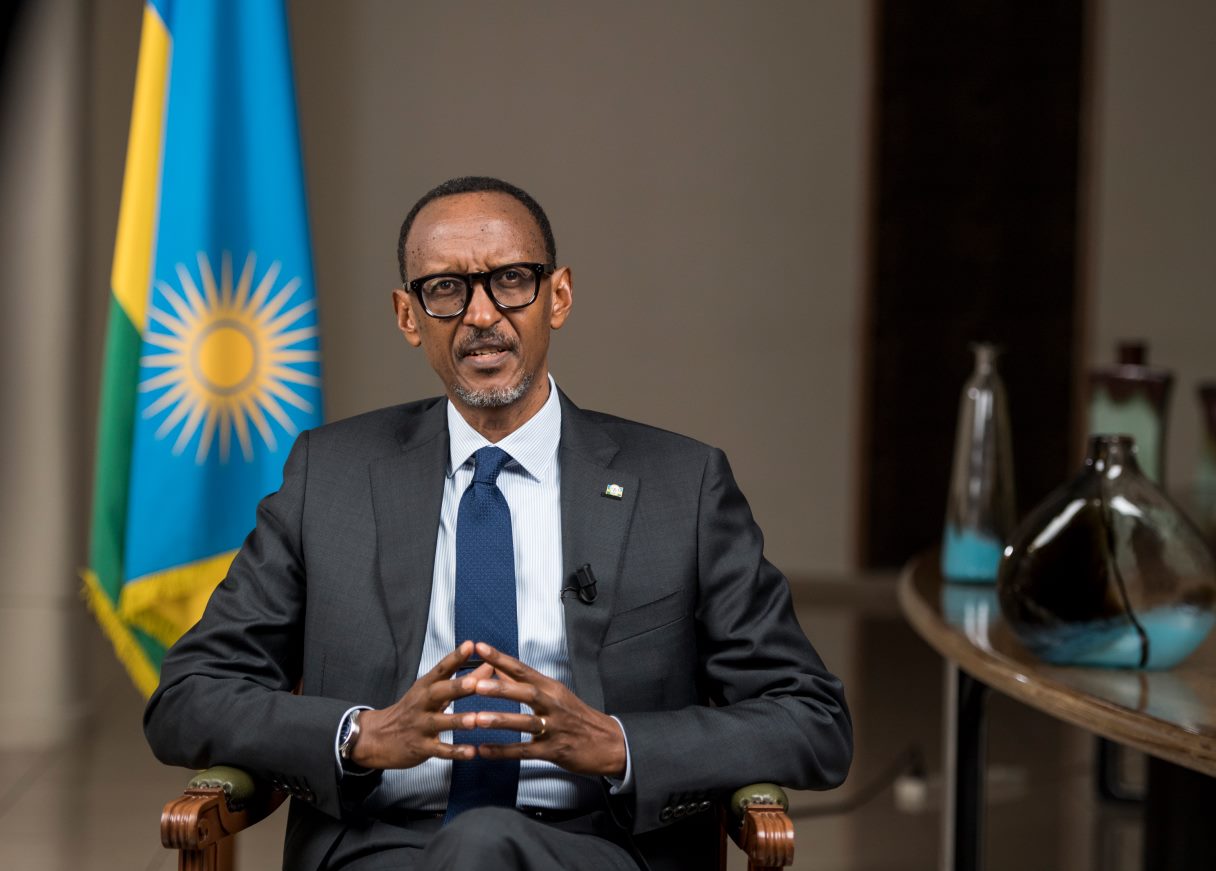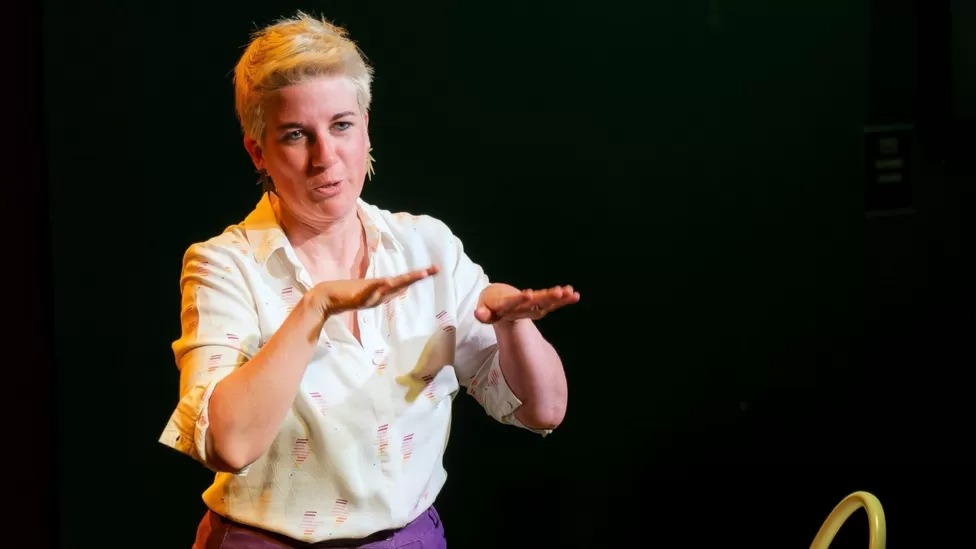The UK Supreme Court rejected the government’s controversial plan to send migrants to Rwanda. The court upheld a previous ruling by the Court of Appeal, declaring the policy unlawful and incompatible with the country’s international obligations.
The five-judge panel unanimously agreed with the lower court’s assessment that sending migrants to Rwanda would expose them to a real risk of ill-treatment. The judges concurred with concerns that Rwanda could forcibly return asylum seekers and refugees to their countries of origin, where they might face persecution.
The rejected plan, signed as a deal with Rwanda in April of last year, aimed to establish interim centre’s in Rwanda for undocumented migrants. The initiative sought to address the issue of “illegal” immigration via small boats crossing the English Channel, which the ruling Conservative party considered a pressing concern ahead of the next general election.
The Supreme Court’s decision effectively nullifies the agreement with Rwanda and leaves Prime Minister Sunak’s immigration agenda in disarray. The ruling is also expected to deepen divisions within the Conservative Party between right-wing lawmakers advocating for more assertive measures and moderates seeking a balanced approach.
While acknowledging that the outcome was not desired, Sunak assured that the government had been working on a new treaty with Rwanda, taking into account the court’s judgment. He expressed readiness to revise domestic laws and reconsider international relationships if obstacles persist.
Critics of the Rwanda plan have denounced it as cruel, costly, and difficult to implement. The Rwandan government expressed disagreement with the ruling, asserting that it is a safe third country for migrants.
The UK government contends that the policy is vital to deter migrants from crossing the English Channel from France using unsafe vessels. Although the number of migrants making the journey has decreased this year compared to previous years, it still falls short of Sunak’s commitment to “stop the boats.”
The government argues that reducing both regular and irregular immigration is necessary to alleviate pressure on government-funded services, including healthcare and housing for asylum seekers. The current backlog of asylum cases in the UK stands at 122,585, down 12 percent from the record high in February. Meanwhile, net migration, the difference between people leaving and arriving in the country, reached a record 606,000 last year.
Given the limitations imposed by the Supreme Court’s ruling, the government may explore alternative agreements with other countries to address the issue of “illegal” arrivals. Newly-appointed Interior Minister James Cleverly suggested that other European nations were inclined to follow the UK’s approach.
The decision is likely to reignite calls from right-wing politicians, such as former Interior Minister Suella Braverman, for the UK to withdraw from the European Court of Human Rights (ECHR). However, Sunak has thus far refrained from endorsing such a drastic move. Braverman criticized Sunak’s immigration policies, accusing him of betrayal and lacking the necessary resolve.
Deputy Chairman of the Tory party, Lee Anderson, called for defying the laws and immediately deporting migrants upon arrival. He characterized the court ruling as a dark day for the British people and urged the government to proceed with sending migrants to Rwanda.
The main opposition party, Labour, capitalized on the ruling, criticizing Sunak’s perceived lack of a serious plan to address dangerous boat crossings. Labour’s senior MP Yvette Cooper described the plan as unworkable and excessively costly, highlighting the government’s failure to formulate a robust and practical policy.
Migrant advocates welcomed the Supreme Court’s decision, viewing it as a victory for the rights of individuals seeking safety and protection. The Refugee Council expressed satisfaction with the ruling, emphasizing the importance of upholding the rights of men, women, and children fleeing persecution.







